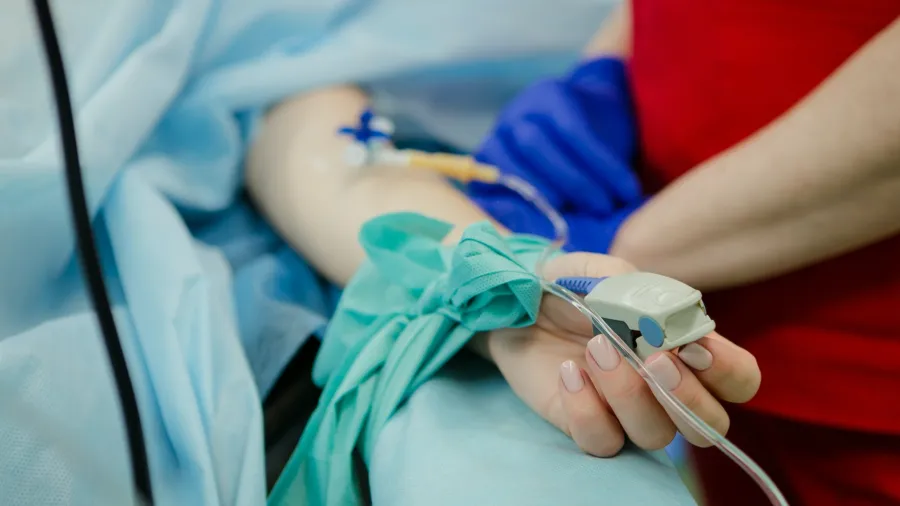
Cancer patients' 5-year survival rate reaches 72.1% in Korea
The survival rate increased by 6.6% from 65.5% of cancer patients from 2006 to 2010.
The five-year relative survival rate for cancer patients in Korea between 2017 and 2021 reached 72.1%, translating to seven out of ten cancer patients surviving for five years or more.
According to the 2021 National Cancer Statistics, jointly published by the Ministry of Health and Welfare and the Korea Central Cancer Registry, the survival rate for cancer has been steadily rising over the last ten years.
The rate, which measures the cancer incidence rates, relative survival rates, and prevalence rates, is up by 6.6%, an increase from the 65.5% of cancer patients who were diagnosed between 2006 and 2010.
In 2021, new cancer cases grew by 27,000 (10.8%) to 277,523, an increase from 2020, courtesy of the resurgence of healthcare utilisation such as cancer screening, having declined from the pandemic, and the expansion of the range of cancer registration.
Thyroid cancer is the most common cancer diagnosis with 35,303 newly-diagnosed patients in 2021, more than 19.1% from 2020. This is followed by colorectal, lung, stomach, breast, prostate, and liver cancers.
ALSO READ: Southeast Asian hospitals prioritise investment over staff safety– study
However, cases of stomach, colorectal, liver, and cervical cancer have been declining for ten years but breast cancer cases have increased during the past twenty years.
As of 1 January 2022, over 2.4 million patients had a cancer diagnosis, translating to one in 21 people. This represents 4.7% of the population of South Korea. Additionally, nearly 1.2 million patients aged 65 and beyond had been diagnosed, accounting for one of seven individuals.
For 2021, around 1.5 million or 60.8% of diagnosed cancer patients survived for over five years, up from around 1.4 million in the previous year.



















 Advertise
Advertise







